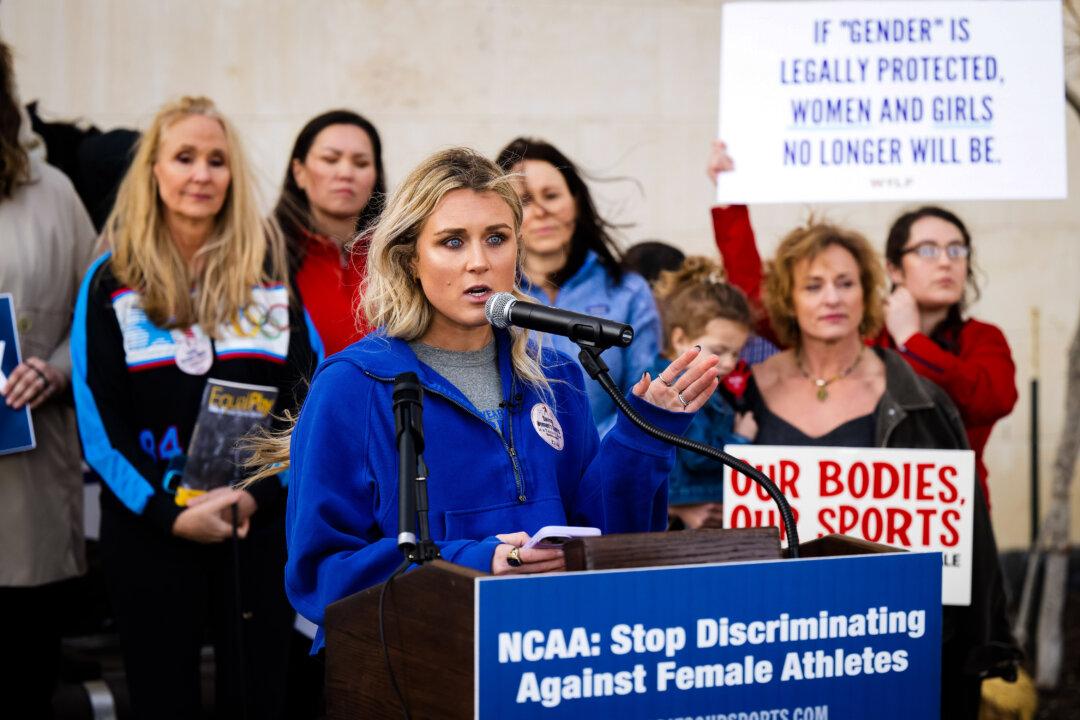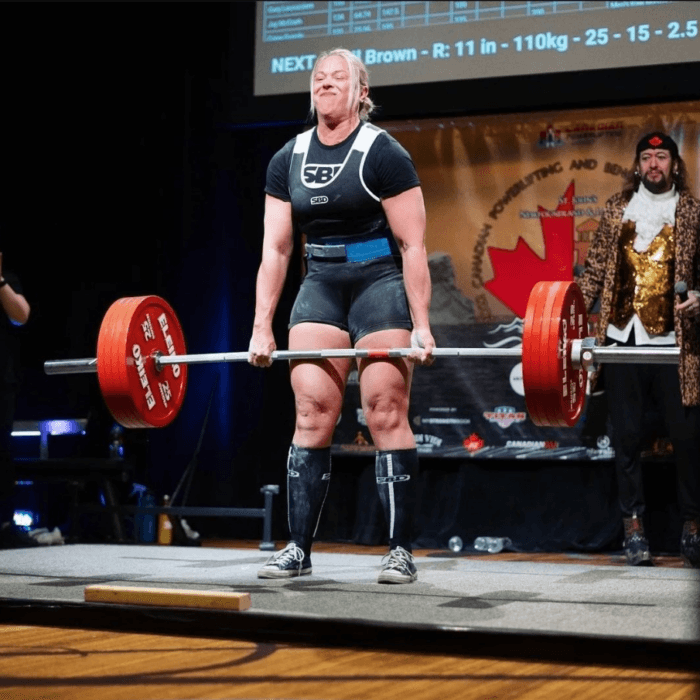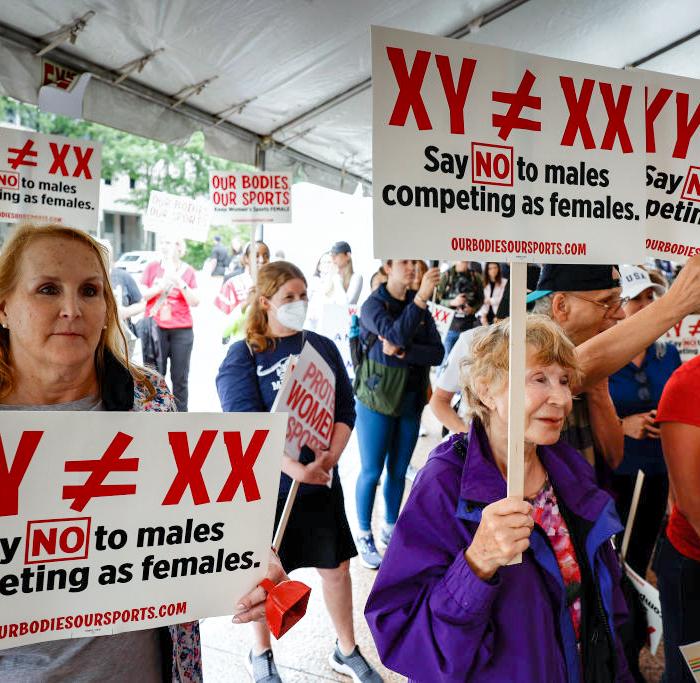Former collegiate swimmer Riley Gaines and 15 other female athletes filed a lawsuit against the National Collegiate Athletics Association (NCAA) for allowing transgender athletes to compete in women’s events.
“The NCAA continues to explicitly violate the federal civil rights law of Title IX. About time someone did something about it,” she added.
Lia Thomas had competed for the men’s team at the University of Pennsylvania before undergoing a gender transition.
The plaintiffs said the NCAA’s transgender eligibility policies violated Title IX as they failed to accommodate women’s physical abilities and “give women equal competitive opportunities in comparison to men.”
The lawsuit states that the NCAA imposed “a radical anti-woman agenda” on college sports, “reinterpreting Title IX to define women as a testosterone level, (and) permitting men to compete on women’s teams.”
It accuses the NCAA of “destroying female safe spaces in women’s locker rooms by authorizing naked men possessing full male genitalia to disrobe in front of non-consenting college women and creating situations in which unwilling female college athletes unwittingly or reluctantly expose their naked or partially clad bodies to males, subjecting women to a loss of their constitutional right to bodily privacy.”
The suit seeks to halt the NCAA from employing its transgender eligibility policies “which adversely impact female athletes in violation of Title IX” at upcoming events being held in Georgia.
It also requested that the NCAA render and reassign awards, records, and titles that were given “based in any way upon the competitive results or participation of any male who competed in women’s events or on a women’s team.”
The athletes urged the NCAA to “render ineligible any male who competed in women’s events or on a women’s team pursuant to rules of the Association which the Court finds are unlawful.”
In response, the NCAA said that it would continue to ensure “fair competition” in all of its championships without elaborating further, according to the Associated Press.
“College sports are the premier stage for women’s sports in America, and while the NCAA does not comment on pending litigation, the Association and its members will continue to promote Title IX, make unprecedented investments in women’s sports and ensure fair competition in all NCAA championships,” it stated.
Meanwhile, the Independent Council on Women’s Sports (ICONS) said that it would provide “exclusive funding support” for the athletes’ lawsuit challenging the NCAA’s regulations.
“By challenging the NCAA’s draconian and discriminatory policies, we’re sending a clear message: the integrity of women’s sports is non-negotiable,” ICONS co-founder Kim Jones said in a press release.
“We are committed to defending the hard-won rights of women athletes everywhere. This isn’t just a legal battle; it’s a moral stand for equality and justice in sports,” she added.
The lawsuit also named the University System of Georgia, Georgia Tech University, University of Georgia, University of North Georgia, and members of the Board of Regents of the University System of Georgia as the defendants.
In 2022, the NCAA followed the lead of the U.S. Olympic and Paralympic Committee and revised its policies on transgender athlete participation to attempt to align with national sports governing bodies.
The third phase of the revised policy adds national and international sports governing body standards to the NCAA’s rules and is scheduled to be implemented for the 2024–25 school year.







